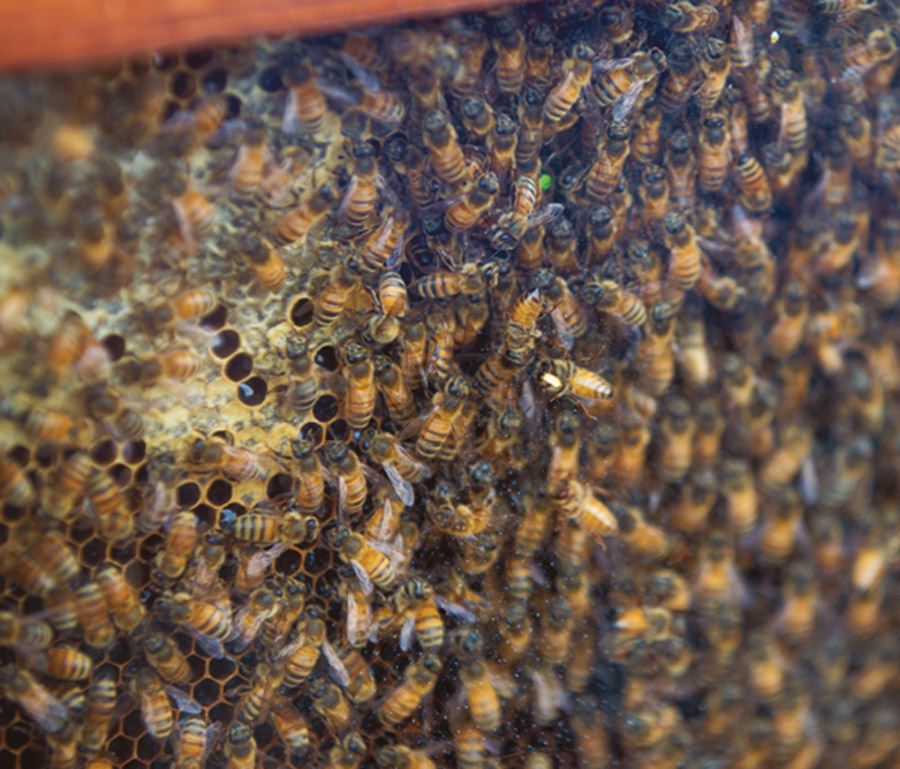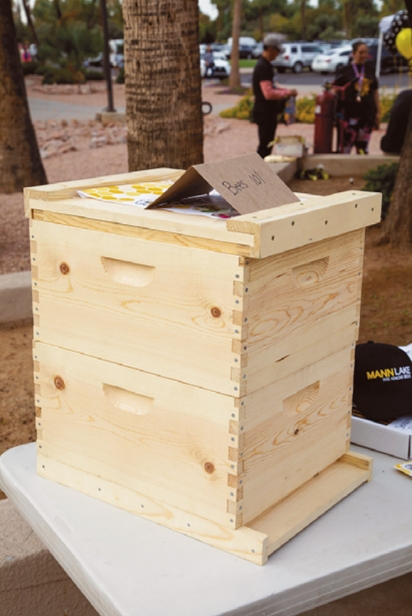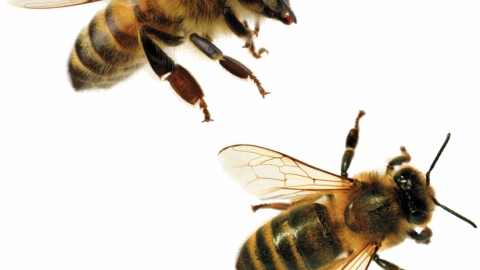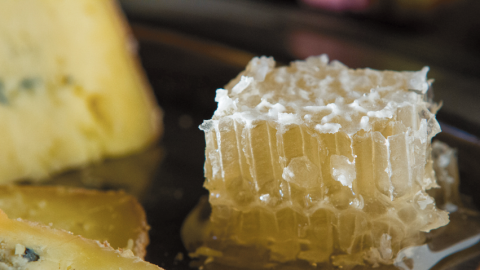Saving Honeybees: Local Resources
If you are interested in helping the bees survive and thrive, there are websites, Facebook blogs and local and national organizations that are focused on activities and outreach related to keeping bees.
Arizona Honeybee Festival 2020 will occur on November 14. See azhoneybeefest.org for community resources and more information.
In Arizona, there is a beekeepers association for just about every region:
• Beekeepers Association of Central Arizona, azbeekeepers.org
• Prescott Beekeepers Association, prescottbeekeepers.com
• Southern Arizona Beekeepers Association has very good information about Africanized honeybees, southernazbeekeepers.org
• Northern Arizona Organic Beekeepers Association, serving Flagstaff, Winslow and the Verde Valley, azorganicbeekeepers.org
The Arizona-Sonora Desert Museum offers a list of bee- and other pollinator- friendly plants for Arizona desert gardeners and landscape designers. Go to desertmuseum.org and click on Pollinators on the Conserve menu.
Northern Arizona Pollinator Habitat Initiative is a Green NAU collaborative effort to create, register and protect bee and other pollinator habitat sanctuaries. in.nau.edu/green-nau/nazphi/
Arizona Backyard Beekeepers Association supports backyard beekeepers, provides a community forum for sharing information and stories and offers a list of bee friendly plants. Encourages beekeeping in local communities through education, collaboration and sustainable practices. Find the group on Facebook.
Honeybee Havens is a project of the Pesticide Action Network. Havens (of which there are over 90 in Arizona) are designated landscape areas that ensure pesticide-free environments for honeybees and other pollinators. Generally, a honeybee can forage in five square kilometers for its nectar harvest so a honeybee haven must be far enough from sprayed crops and orchards to ensure that the bees are not harmed from foraging on tainted plants, or from chemical drift. honeybeehaven.org
Host a Hive is a grassroots program developed by beekeepers to place hives near backyard gardens and orchards for people who want pollinator services for their vegetables or fruit trees. The program also offers learning opportunities for those who are interested in keeping bees but want to know more before investing in the endeavor. Some local providers:
Sweet Little Something Bee Company in Camp Verde. Company founder Ajyah Reay will place a hive in a customer’s backyard for a full growing season. Reay has two plans: Either she will maintain the hive herself, check on the queen and her brood, and look for pathogens. Or, with a “training hive,” the customer can participate and learn with her as she performs these tasks. With the training hive, Reay will serve as a mentor for beginner beekeepers, making periodic visits to help with inspections, splitting the colony, re-queening and harvesting the honey. Apart from the lessons in beekeeping, the benefit is a share of the honey produced and—more importantly, as Reay points out—“to make a difference in supporting bee populations, and bringing beekeeping back to Camp Verde.” sweetlittlesomethingbeeco.com
Garden Variety Bees’ owner Cricket Aldridge encourages urban gardeners to host hives because cities have a steady supply of water and many flowering plants in residential landscapes, parks and public spaces. While the city honey may not be organic, the presence of bees is good for the environment. Hive hosts receive a quart of honey each year and have the option to purchase their hive. Classes and tours are also available along with bee removals. gardenvarietybees.com








